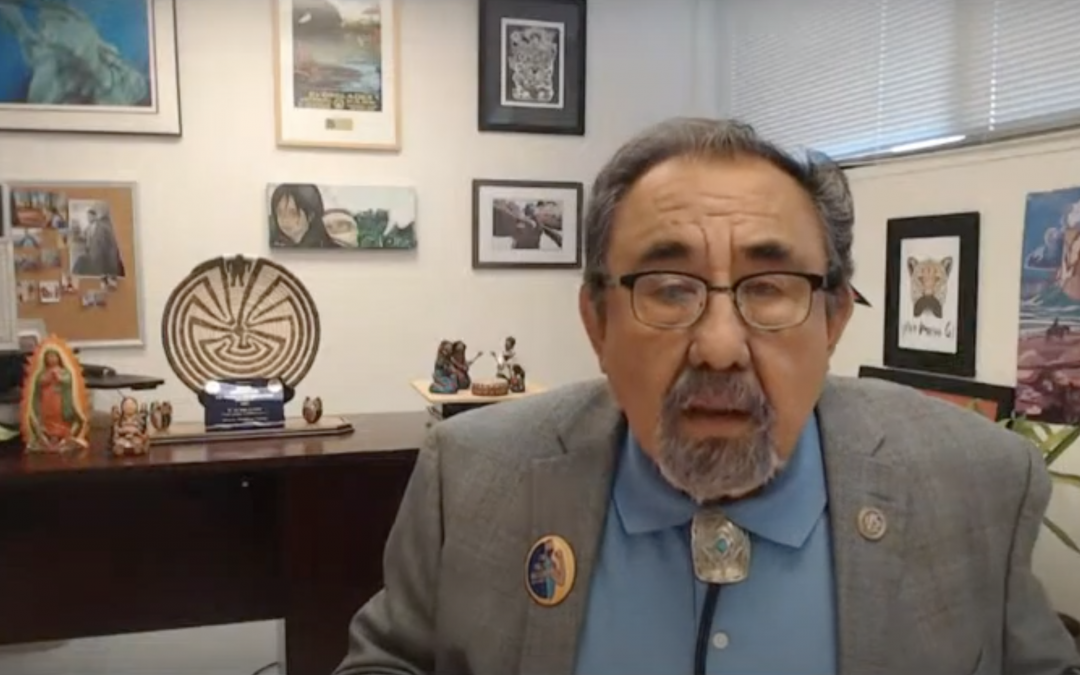WASHINGTON — Over 10 years after the Deepwater Horizon oil spill, the House Natural Resources Committee approved Democratic legislation Wednesday to implement stricter regulations on offshore oil drilling operations.
Earlier this month, a leaking pipeline off the coast of Huntington Beach, California, released more than 126,000 gallons of oil into the water, resulting in “substantial ecological impacts” to the beach and surrounding wetlands, according to the city. Committee Chairman Raúl Grijalva of Arizona called the event a “wakeup call” for Congress to implement stricter regulations.
The Offshore Pipeline Safety Act would implement stricter pipeline oversight and require owners to pay an annual fee to raise revenue for oil spill cleanup efforts. Rep. Julia Brownley, D-Calif., introduced the bill in April after the Government Accountability Office reported that the Bureau of Safety and Environmental Enforcement does not have a “robust” oversight process for active and decommissioned pipelines, making it harder to detect and track leaks.
“The industries who want to exploit our natural resources for profit should clean up their own
garbage, and not leave it behind for future generations of American workers to pick up the tab,”
Brownley said.
The Offshore Accountability Act, introduced by Rep. Donald McEachin, D-Va., would require operators to report any equipment failures to the federal government, which would then make these reports available to the public.
Both bills were opposed by Republican lawmakers, who claimed the regulations would increase the country’s reliance on imported oil, drive up costs for consumers and lead to a loss of jobs and revenue. Republican efforts to strike the annual fee failed.
Rep. Darren Soto, D-Fla., criticized Republican attempts to kill the bill. Florida is the only state on the Gulf of Mexico with a moratorium on offshore drilling in federal waters — a 2006 policy that was extended by former President Donald Trump at the end of his term, when he extended the moratorium until 2032.
“I know a lot of you represent oil in your states, you’re representing your constituents, but to say
that we don’t need to do anything is ridiculous,” Soto said.


